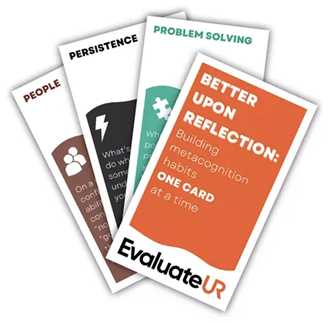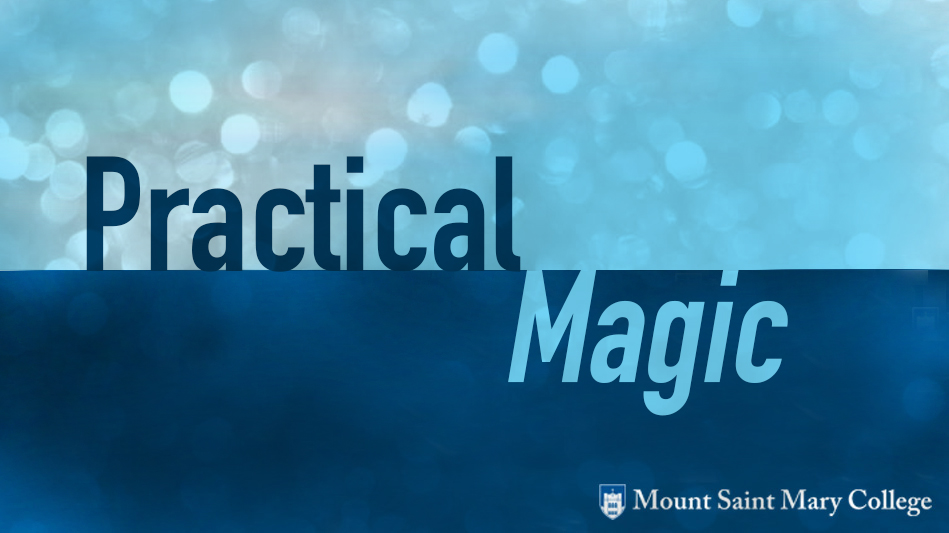| by Sarah Robinson*, U. S. Air Force Academy sarah.robinson@usafa.edu |
Downloadable |
Motivations and Context:
I teach upper level Geoscience courses on Remote Sensing and Imagery Analysis—essentially using satellite imagery to study earth surface materials and processes. In addition to the course objectives on imagery analysis, I also have a course objective on communication. Specifically, I want my students to be able to construct a convincing, clear, and concise written argument that communicates their analysis choices and subsequent results. Using imagery to analyze a geospatial problem is not enough; students also need to be able to write a convincing technical summary that communicates their analysis and results to others.
One of the challenges with communication course goals is that writing is often approached with a fixed mindset (Dweck, 2007), meaning it is viewed as some innate quality that you either have or you don’t. With a fixed mindset, it simply doesn’t make sense to expend effort on writing (ex. write drafts or read feedback) because there is no clear path for improvement—it is a fixed skill regardless of effort. However, if students alternatively view writing with a growth mindset they see writing as a skill that can be improved with practice and use of specific actions/strategies to make progress. Engaging in a growth mindset requires reflection on abilities and progress (self-awareness) and identification of strategies for improvement (self-regulation). In terms of writing, this translates into effort expended on practice in multiple assignments/drafts, reflection on progress and feedback, and identification of strategies to improve future writing assignments. Course design and assignments that promote metacognition through self-awareness and self-regulation can help students develop this growth mindset. Specifically, I incorporate systematic practice, actionable feedback and a time capsule reflection assignment in my course design.
Nuts and Bolts:
Systematic Practice:
Students have 3 lab assignments and a final project where they are asked to analyze geospatial problems using imagery and then summarize their analysis and results in 1-2 paragraphs. Each lab assignment has different geospatial problems, but the writing expectations and format are the same—for each geospatial problem, students write a summary that includes an introduction to the research problem, an explanation of their analysis choices in solving the problem, and an evaluation of their results. By having the same format (but different topic) for each writing assignment, students get systematic practice in writing a convincing, clear, and concise written argument.
Actionable Feedback:
The consistent format and expectations across writing assignments allows me to use the same rubric for every assignment. While the content changes with each assignment, students can reflect on their progress by looking at their rubric scores across the semester. For the first assignment, the rubric is the same, but a multiplier is applied to the score to compensate for their initial lack of familiarity with the format. In addition to rubric scores, I provide comments in the text (students submit electronic copies of their assignments) that provide actionable feedback on how to improve the next submission. Because the comments are relevant to a future assignment, students report that they engage in self-regulation by reading and using the feedback to improve their next assignment.
Metacognitive time capsule assignment
To support student self-awareness of their progress over the semester, I created a time capsule assignment where students compare their writing on the first lab with their writing on the final project. This assignment supports student metacognitive development because it asks students to develop self-awareness by reflecting on the changes they see in their writing. As all of their submissions are digital, students have copies of all their assignments and feedback across the semester. This assignment asks students specific questions to guide their reflection and asks them to provide example text from their assignments to support their statements. I am very clear in class that they receive full credit for participating in the assignment—they are not graded on what is in their answers, only on whether they provided complete answers.
There are two keys to this assignment for effective student reflection: the “time capsule” aspect and the consistent assignment format. Having students preserve and read their actual first writing assignment is critical—this first assignment essentially captures who they were at the beginning of the semester and preserves it, as in a time capsule, to be revealed intact at the end of the semester. The time capsule aspect allows for unfiltered, direct comparison by students of their skills then vs. their skills now that is not overwritten by their experiences during the semester.
The other key component is having a consistent assignment format to make comparison easier. This assignment would not have worked as well if students were comparing writing assignments that had very different formats or expectations. By keeping the format/expectations consistent, students are better able to see and explain their progress.
Outcomes:
I had trepidations about giving this time capsule assignment the first time I used it—I honestly didn’t know how students would respond. I was pleasantly surprised to see how engaged they were—instead of just writing their answers during class time, they were sharing with each other their comparisons between their first paragraphs and what they were then able to write for their final project. Their written answers documented their reflection on the changes they saw in their technical writing skills (self-awareness) and identified writing habits that they could continue/change in future classes (self-regulation).
Lessons Learned and future directions:
This type of time capsule assignment is something that I will continue to build into my courses. The planning required to design a consistent format and preserve early assignments is a small cost for the benefits of having students develop self-awareness and self-regulation and supporting a growth mindset.
Reference
Dweck, Carol S. (2007). “Mindset: The New Psychology of Success.” New York: Ballantine Books.
* Disclaimer: The views expressed in this document are those of the authors and do not reflect the official policy or position of the U. S. Air Force, Department of Defense, or the U. S. Govt.



